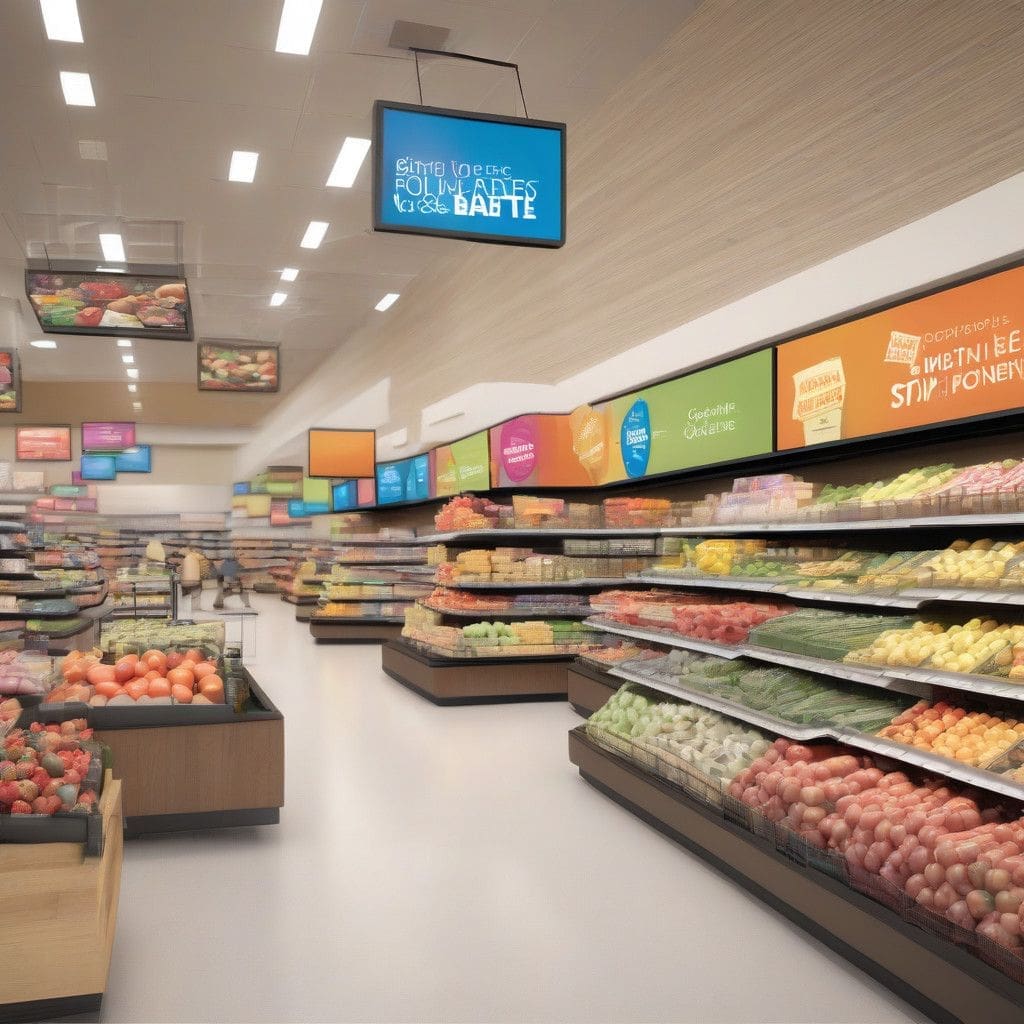In this week’s edition of The Friday 5, we spotlight significant developments within the food retail sector, highlighting leadership changes, ongoing legal battles, potential supply chain disruptions, and emerging consumer trends.
1. New Leadership at Stop & Shop
Ahold Delhaize USA has appointed Roger Wheeler as the new president of Stop & Shop, effective September 30. Previously the chief commercial officer, Wheeler replaces Gordon Reid, who announces his retirement slated for mid-2025. In an exclusive interview, Wheeler outlined his commitment to fortifying relationships with associates and enhancing customer experiences. Stop & Shop is actively implementing its “Growing Together” initiative, which includes closing 32 locations by year-end. Despite these closures, the company maintains an extensive network with over 350 locations across five states, underscoring its enduring market presence.
2. Kroger’s ongoing Legal Challenges
Kroger remains embroiled in a landmark antitrust trial regarding its $24.6 billion merger with Albertsons. A recent court session featured testimonies from notable figures such as Alona Florenz, C&S Wholesale Grocers’ SVP, and CEOs Rodney McMullen and Vivek Sankaran, who contended the merger is essential for competing against retail behemoths like Walmart and Amazon. The proposed divestiture of 579 stores to C&S aims to satisfy regulatory concerns and promote competition in areas where the merged entity operates. Additionally, the company readies for a court date in Colorado, set for September 30, where challenges to the merger persist based on claims it will stifle competition.
3. Impending Port Strike Impact
October 1 looms as a critical date for the U.S. food supply chain, with over 40,000 port workers threatening a strike. This situation has emerged after prolonged negotiations that seek significant wage increases and job protections against automation. A potential strike could halt the shipment of essential food items, including fresh perishable goods, drastically affecting grocery retailers nationwide. Given that a significant portion of banana imports and key meat exports transit through these ports, retailers from east to west coasts are bracing for supply chain disruptions.
4. Whole Foods’ Insights on Gen Z Consumers
Whole Foods Market has released findings that emphasize the purchasing habits and preferences of Gen Z consumers. The survey conducted by YouGov indicates that 70% of respondents support climate-smart agriculture, while 55% are willing to pay a premium for sustainable products. Moreover, nearly 75% expressed concern for climate futures, advocating for more transparency from retailers about product sustainability. As grocery chains pivot to meet these demands, brands emphasizing sustainability could resonate well with this influential demographic.
5. Weis Markets Expanding in Pennsylvania
Weis Markets is set to bolster its footprint in Pennsylvania, concluding an asset purchase agreement with Sunnyway Foods to acquire its supermarkets in Chambersburg and Greencastle. Both locations will transition to the Weis Markets brand in late 2024 after a brief closure for rebranding efforts. Jonathan Weis, the company’s CEO, emphasized a commitment to local community values and aims to provide growth opportunities for existing staff at the acquired locations. This acquisition illustrates strategic growth in response to regional market dynamics.
In conclusion, these developments reflect broader trends in the food retail industry—a mix of leadership changes, legal maneuverings, supply chain vulnerabilities, shifting consumer preferences, and strategic expansions. Grocers face a unique set of challenges and opportunities as they navigate this landscape.
